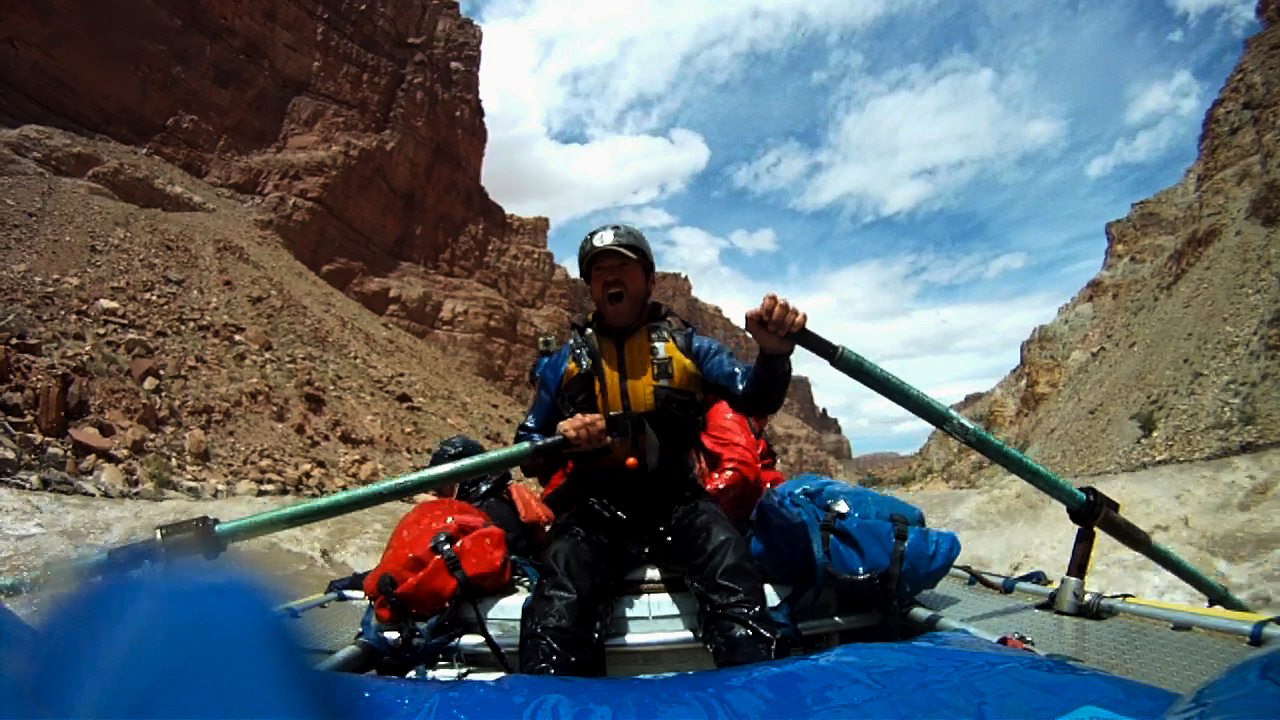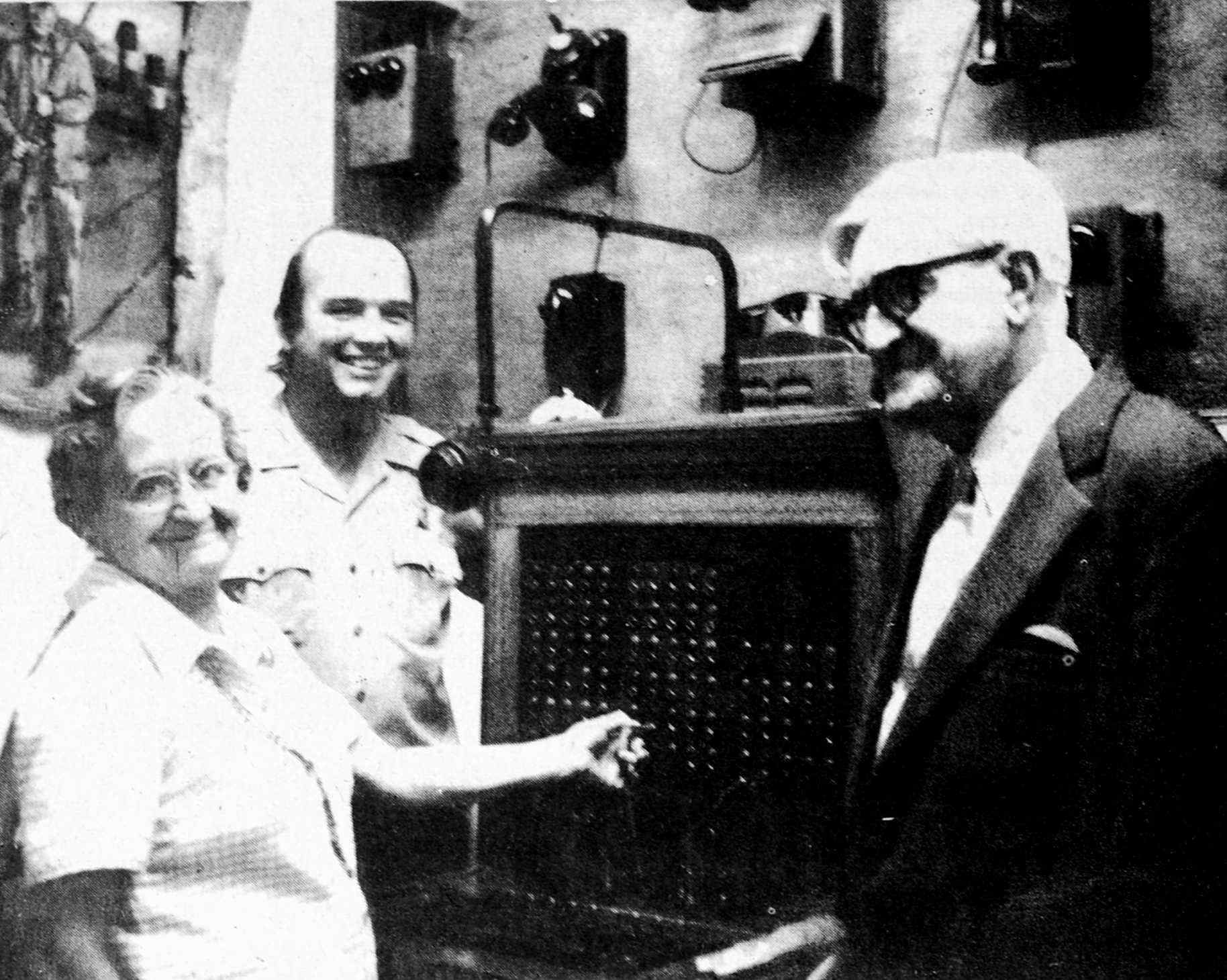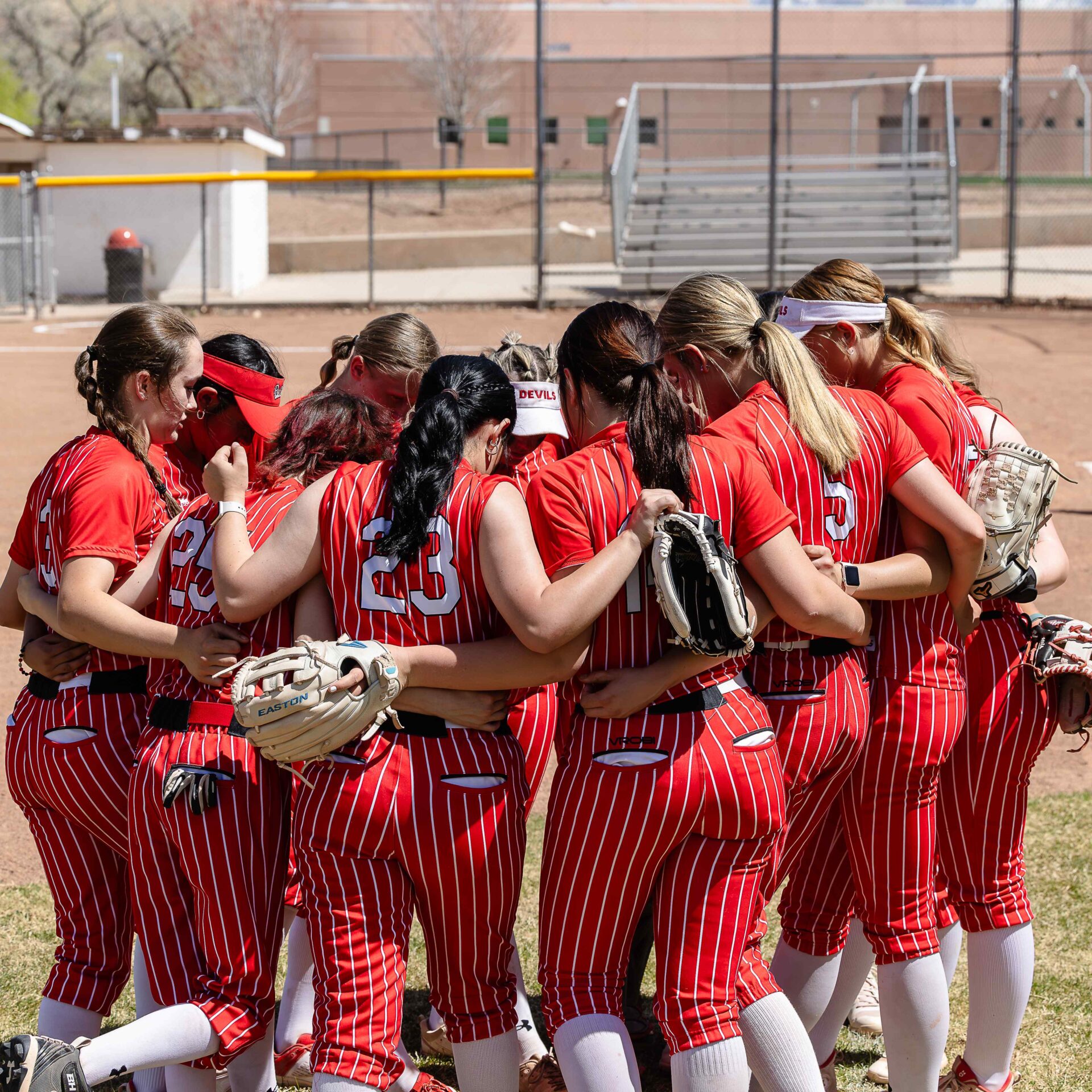Jake Gigliotti has been playing on the Colorado River since he was seven years old. Each summer he would come to Moab to visit his aunt and uncle, Vicki Gigliotti and Steve Mulligan. When he was eighteen he started working as a river guide for Tag-A-Long Expeditions, returning the few summers to earn money for college.
“The river has always been and always will be close to my heart,” Gigliotti said. “I keep coming back here constantly.”
When it came time for the University of Colorado film student to create his senior thesis, the answer was to make a 29-minute film about river guides living in Moab.
The first screening of his film, “The Desert River Bends,” will premiere at 8 p.m., Saturday, Aug. 3 at Star Hall.
He chose to follow the lives of Tag-A-Long guides Jay Riley, Dave Pitzer and Isaac Larson.
“I chose these guys because they weren’t 21 year olds,” Gigliotti said, referring to the many young people who come to work in the summer to earn money for school as he did. “It was more interesting that they were older.”
Gigliotti said that the intent was to observe and let the story unfold. He and his crew spent a full month in 2011 following the three guides, using the “fly on the wall” technique of always being present.
“He said, ‘We’re going to follow your every move,’” Riley said.
“Not everyone gets a moment in life documented,” Larson said. “I thought it was cool.”
Sometimes it was too much. One morning as Larson stepped outside the trailer he lives in, there was the crew ready to film.
“God, no. Too early,” he said.
Gigliotti took 60 hours of film to make the 30-minute documentary.
It was a big water year that year. Cataract Canyon peaked at 89,000 cubic feet per second.
“We filmed at 83,000 cfs, a few days after it peaked,” Gigliotti said.
He strapped Go Pro cameras all around the boat to capture Pitzer’s descent through the canyon.
“I’d set up cameras on the boat to be hands free so I could hold on,” Gigliotti said. Even so, Pitzer said Gigliotti was knocked out of the boat with a camera strapped onto him.
“He got some crazy footage of some big water and Dave rallying through it,” Larson said.
Gigliotti wrote a little bit about what he thought the story would be as he began the project; trying to figure out why they would want to live this lifestyle, living in rundown trailers.
“I came into it with a negative light, that it wasn’t the best lifestyle,” Gigliotti said. “Then while we were filming, I had a 180-degree flip. I saw their passion for it, how much they loved it.”
All three guides said the days of rowing boats and heavy lifting is the easy part. It’s dealing with clients that can be tough. Or make it rewarding.
“They’re in a different mindset. We’re working. They’re on vacation,” Pitzer said.
Some clients are high maintenance, have always lived in the city and have never been camping.
Then there are the kids.
“We take the KIPP (Knowledge is Power Program) kids down the Daily each year,” Riley said.
The inner-city students earn points to go on a Southwest vacation.
“They’re great. They love it. Some never make it out of the city,” Riley said. “That’s the big thing, get to take the kids out. That is the big thing for me.”
Larson said one of his best trips had a family of 12 from the Phillipines – from grandpa to the kids.
“None of them could swim. I had them all in the water by the end of the day,” Larson said.
There’s the daily wage, then there are the tips.
“Every day’s a crap shoot. You can give them your A-game and give everything and get nothing,” Larson said. “And then the next day you just work on getting down the river and you get a $100 tip.”
One of Pitzer’s best tips came on a reunion tour with a father and son.
“He just had a great time reuniting with his son,” Pitzer said. “And he gave me a $500 tip because he was so happy.”
Larson said that river guiding isn’t about making money.
“It’s a lifestyle,” he said.
Gigliotti worked hard to portray that lifestyle honestly on the screen.
“There’s that level of trust with Jake,” Riley said. “That he’s not going to make us look bad.”
At just shy of a half-hour, he’s worried that it won’t get picked up by because film festivals prefer shorter outdoor adventure clips.
He’s hoping that with this screening it will increase the word-of-mouth and pave a path to be seen at film festivals.
“He’s been promising to make us famous for the last two years,” Riley said.




